Read More About Endovenous Ablation
Read More About Endovenous Ablation
Endovenous ablation enables us to access varicose veins quickly and easily. A smooth high-wavelength laser focuses on the affected vein without dispersing to surrounding tissue.
How It Works
During endovenous laser ablation, Dr. Cheatum will numb the leg using local anesthesia and utilize ultrasound technology to guide a thin laser fiber into the vein. First, a small needle is inserted in the skin and then the laser fiber is inserted into the vein. Pulsed laser energy is then delivered to the vein wall. The laser heats the vein, causing it to shrink and seal.
Once the vein is completely closed, the blood that circulated through the vein is rerouted to other healthy veins. Gradually, the vein is absorbed by the body and disappears.
The success rate of endovenous laser ablation is over 95%. The procedure takes less than an hour to complete and accomplishes the same results as major varicose vein surgery (vein stripping and ligation).
After the Procedure
After the procedure, patients are required to wear compression stockings for at least one week in order to assist in the resolution of the treated veins. One week to ten days after the procedure, a postoperative ultrasound evaluation will be performed to confirm the successful ablation of the veins that were targeted during treatment.
Benefits
The benefits of treating varicose veins with endovenous laser ablation are numerous. Endovenous laser ablation with the 1320 laser is the safest and most effective laser procedure available for the treatment of varicose veins. Traditionally, the only way to remove varicose veins was through surgery, which requires significant downtime, has numerous side effects, and low success rates.
Endovenous laser ablation is highly effective and requires minimal downtime. The procedure can be performed at our office as an outpatient procedure, as only tiny incisions are made. Patients can resume normal daily activities immediately and strenuous activities within several days.
Due to the specific absorption of energy in the vein wall, the depth of vein coagulation is well controlled with the 1320nm laser. Furthermore, 1320 lasers do not use as much heat to permanently closer the vein as shorter laser wavelengths do.

